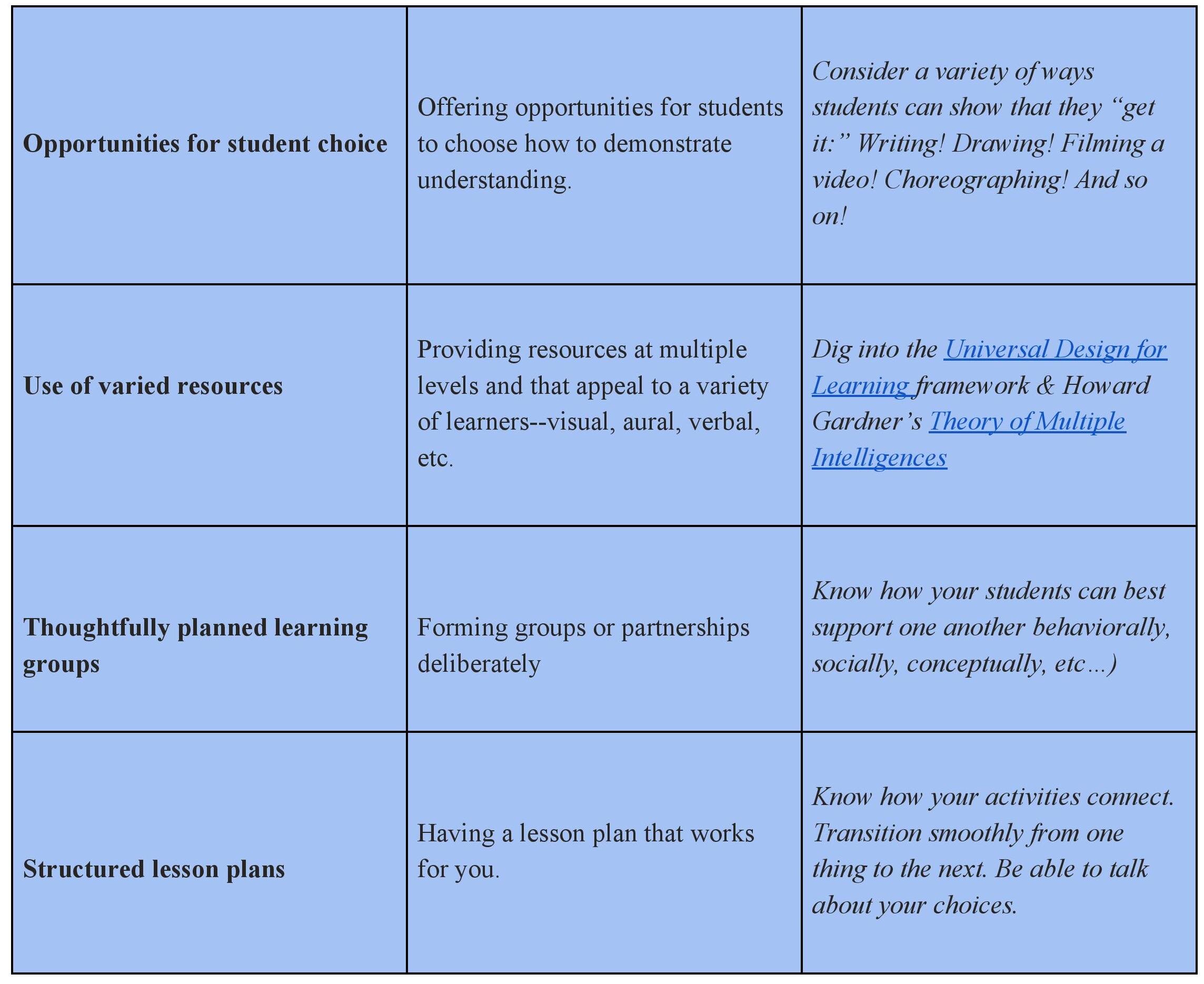I was once asked by a pre-service teacher, and I’m really not kidding, “Do you, like, plan a lesson every day?” Now, I’m not at a school that requires that I submit a daily lesson plan, so I answered to that effect. She took a moment, then said, “Yeah, but like, do you plan a different lesson for each day?” I paused. I took a moment. Then I gave her the benefit of the doubt and said, “Well, I don’t write a full, detailed lesson plan for each class, but I write down what I’m teaching each day in my calendar.” This is where I took out my planner to show her. She looked for a moment. “So you plan a new lesson for every class, every day?” I will put you out of your misery here, and jump to the end of this conversation. It turned out that she just wanted to know if she could just “find lesson plans” and teach those. What did she mean? From the internet? From other teachers? I was floored. But this wasn't the only time I'd hear this.
If there is one thing theatre teachers want (more than being understood by their administrators), it’s “where can I find a curriculum to teach?” I’m not sure if this transcends other subjects, though I suspect that it does, but theatre teachers are desperate for curriculum; not just ideas, not just cool projects, but daily lesson plans with materials. I hear it all the time. And I get it. We’re alone. We are islands in schools filled with teaching teams and co-teachers and departments with other people who are familiar with their subjects. We just want someone to say “teach this” so we can worry about all of the other minutiae of teaching.
But that doesn’t exist.
Generally, we have the great fortune of getting to teach what we want to teach--rather than following a prescribed curriculum like they do in science or social studies. Arts teachers have the opportunity to diversify their content based on the interest of the students in the class. How lucky are we? Sure, we’re expected to follow standards, like everyone else, but here’s the best news you’ll get today. If you know theatre, for example, then whatever you decide to teach is hitting on those theatre skills. Promise. Pantomime? Physical use of body. Monologue? Understanding perspective through character. I could go on, but you already know these things. And I’m sure you can make similar connections to your own art area.
That’s why you do what you do.
In the interest of demystifying a teacher effectiveness framework, I offer you this handy chart--and what teacher doesn’t love a good chart? I’m choosing to highlight the components of the Danielson Framework for Teaching on which we are evaluated in the New York City Department of Education, but I am certain that you can make connections to your school’s teacher evaluation framework.
NOTE: If this chart feels too Danielson-specific for your needs, feel free to scroll down to some highlights and takeaways!
You’ll notice that there is no mention of literacy--yes, there is an expectation that you’ll have a basic understanding of what your students are learning in other subjects, but that doesn’t mean you need to turn your music room into English class. But think about how much easier it will be for you to teach crescendo in January if you know that they studied story arcs in November. Consider how your unit on set design might be easier for your 9th graders knowing that they have an understanding of scale from math class. Being clued into other teachers’ curricula can help you develop a series of units that carries importance for students, reinforces concepts they are learning in their other classes, and can make you an invaluable resource to your school community. (Need help with that? Click here.)
So what are we really talking about when we talk about “Planning and Preparation?” Knowing your content, why you want to teach it, and having a plan that is part of a larger vision for your students’ arts learning. Where teachers get thrown off is this idea that it has to look or feel a certain way. And maybe they’re getting that idea from their administrators (totally possible!) who have a misguided understanding of the evaluation tool. But these frameworks aren’t prescriptions, they’re just reminders that for every choice you make about what to teach, you’ve got to know why you’re choosing it. And if you can do that, then you’re on your way.





